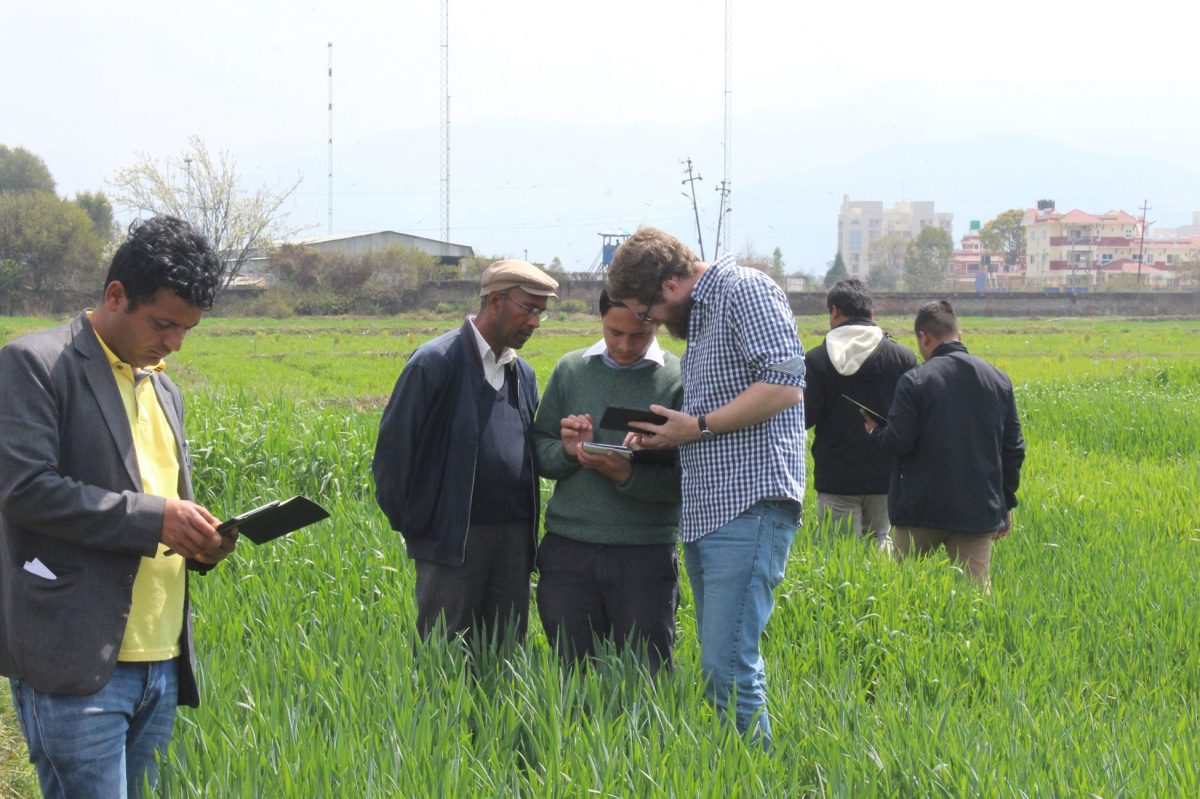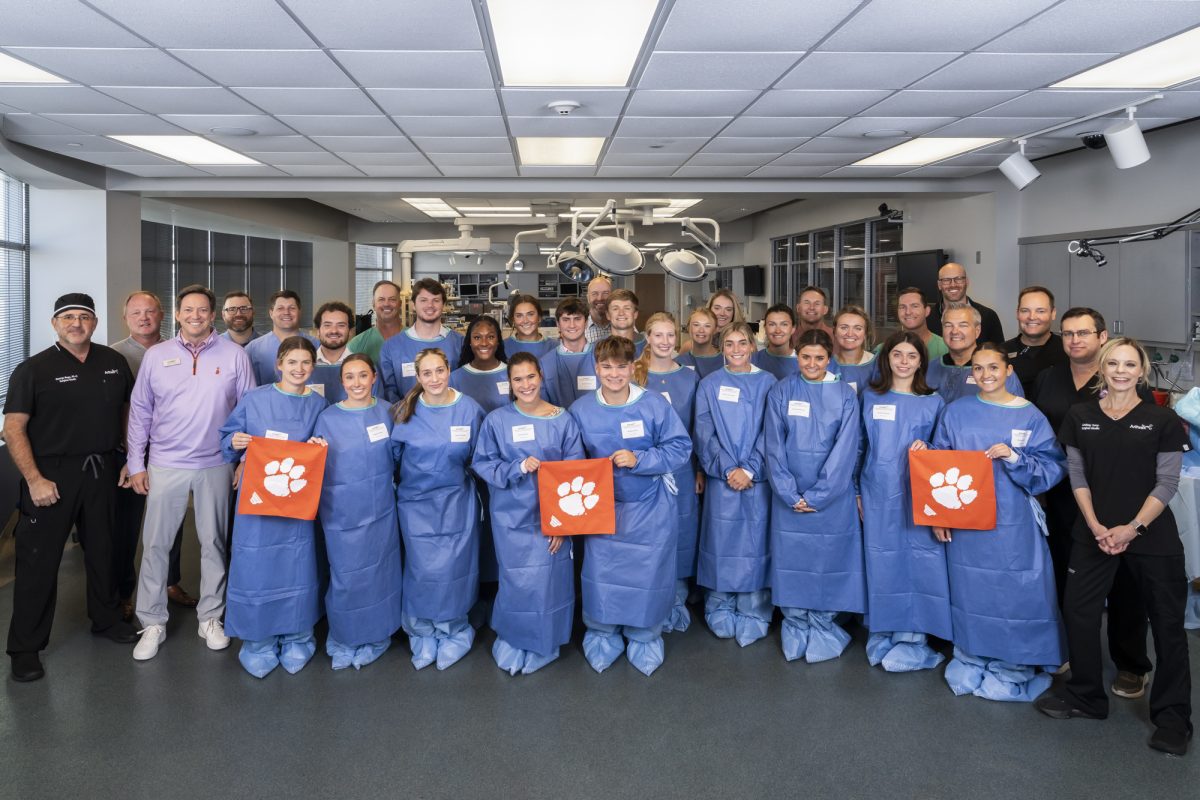Clemson scientists plan to genetically restructure wheat without gluten to accommodate people with gluten allergies by working as a team in the Clemson Small Grains Breeding program.
After graduating from Clemson in 2016 with a Ph.D. in genetics, plant breeder and geneticist Richard Boyles restarted the Clemson Small Grains Breeding program to help restructure wheat’s properties.
Boyles presented his research at the quarterly board of trustees meeting on Feb. 1, where he noted that the program uses cutting-edge research of stem cells and plant breeding in Clemson to ultimately “fix bodies and give people better food to eat.”
Last year, the program implemented new tools such as computational data and machine learning to speed up development, as well as genetic markers to predict gene presence or absence and double haploids to aid wheat breeding. Clemson has also converted seed imaging technology into data to predict crop toxicity and yield.
Clemson graduate research assistant Zachary Jones, who works under Boyles, has also played a part on the program’s team in attempting to eliminate the gluten allergen in wheat without compromising the crop’s integrity.
“My end goal is to utilize plants to treat human diseases, focusing specifically on immunological conditions such as celiac disease, wheat allergy and peanut allergy,” Jones said at the Feb. 1 meeting.
Clemson’s history of working to solve these diseases and develop the genetic engineering of wheat started in 2018, when Clemson decided to partner with SunGrains, the Southeastern University Small Grains Cooperative, which maintains seven land-grant universities in seven states that partner and share resources to foster development.
The team also utilizes Carolina Seed Systems, a tech company headquartered in South Carolina that originated from a Clemson University research program.
Since the initial startup, Clemson scientists have desired to establish a global presence for cereal crop research, considering “more than 50% of the world’s caloric intake comes from cereals,” according to an October 2023 Clemson News article.
Additionally, Clemson is a partner in the $1.7 million Foundation for Food and Agriculture Research project, which focuses on grain growth and pollination to make a hybrid seed that can ship from South Carolina to the rest of the United States.
A critical aspect of the cereal crop research is Clemson’s PeeDee Research and Education Center, which was established in 1912 and underwent a $7 million renovation in 2015, shown during the Feb. 1 meeting.
The center emasses roughly 2,300 acres, with over 800 acres available for cropping research. Its research programs include agronomy, entomology, molecular breeding, pathology, phenomics, plant breeding, genetics and soil biogeochemistry.
These resources aim to support underserved regional communities in South Carolina and surrounding states and increase the impact of genetic science.
Boyles shared his desire to continue researching ways to engineer wheat and other crops as a part of the Clemson Small Grains Breeding program, with updates to be periodically announced at future meetings.
“Feeding the future population is at risk if we don’t do something now,” Boyles said.








